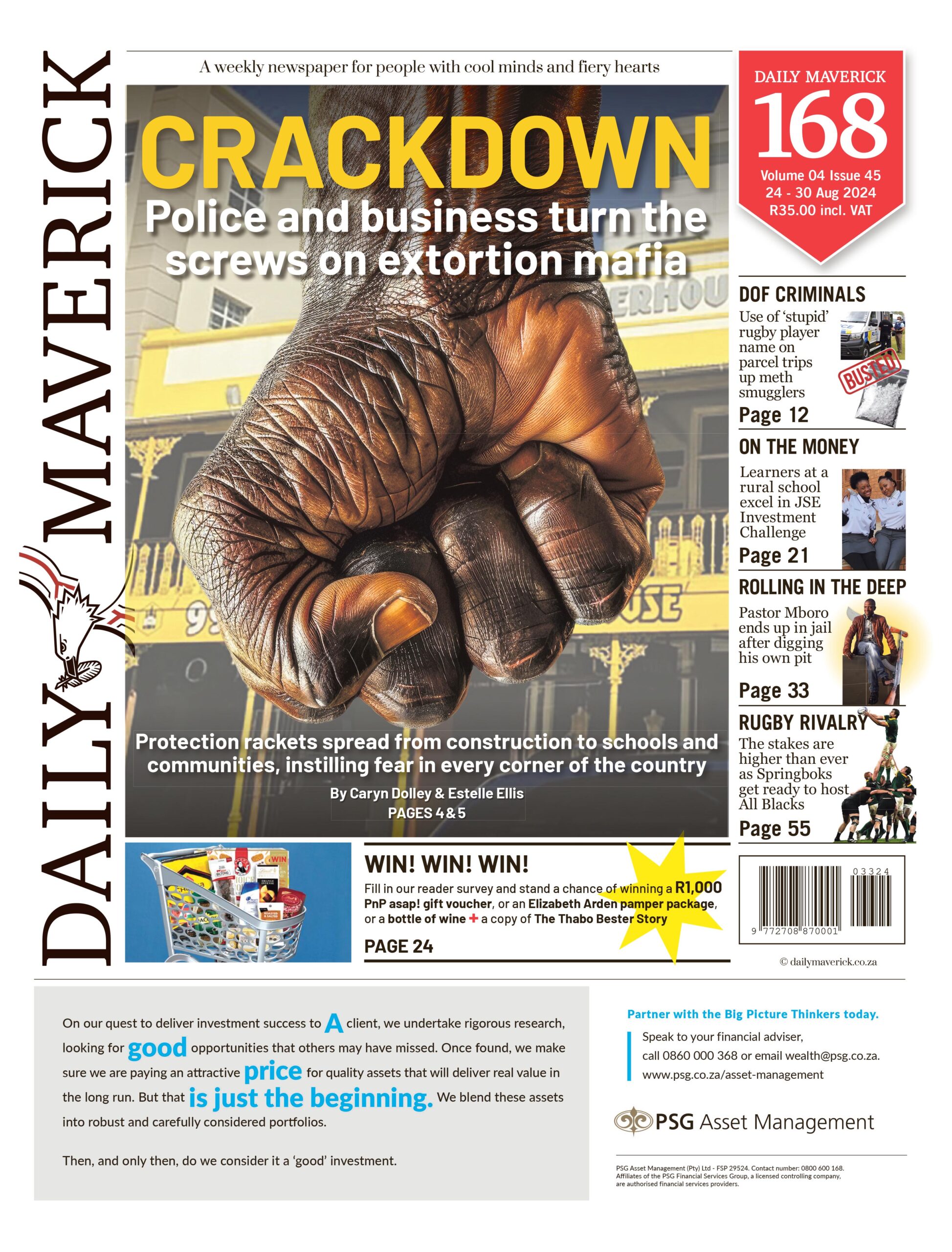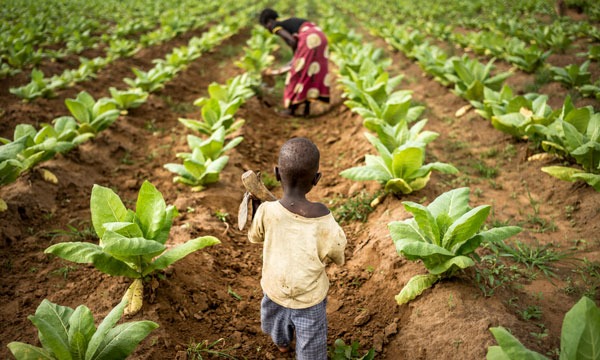If you are lighting up a product of British American Tobacco (BAT) or Imperial Tobacco, there is a chance that the tobacco may have been harvested and gathered by either a child or someone in forced labour in Malawi.
That at least is the allegation of more than 10,000 Malawian claimants in a legal case against BAT and Imperial Tobacco, which seeks to hold the companies accountable for exploitative conditions on farms in Malawi that employ children as young as three.
Both companies deny the allegations and tried unsuccessfully to have the case struck from the rolls.
Malawi is a deeply Christian country, and this case has all the hallmarks of the biblical tale of David and Goliath, pitting impoverished rural labourers from one of the world’s poorest countries against huge multinational corporations that are lawyered up.
And if a UK court finds the allegations to be true, it would be another shocking indictment in the 21st century of the practices of an industry that has the skeletons of hundreds of millions of premature deaths already rattling around in its closet.
The group action suit – which in South Africa would be called a class action – was launched by UK human rights law firm Leigh Day at the end of 2020.
“In their legal case, the farmers and their families allege that BAT and Imperial facilitate unlawful and dangerous conditions, in which they, having been trafficked from their villages, have to build their own homes, live on a daily small portion of maize, work 6am to midnight seven days a week, and have to borrow money to be able to feed their families throughout the season.
“Much of the time the farmers are paid nothing at the end of the season,” Leigh Day said.
“In addition, they claim that BAT and Imperial know, or ought to know, that the conditions they are faced with leave them no choice but to rely on their children to work as child labourers in extremely hazardous conditions, sometimes from the age of only three years old.”
Imperial Tobacco did not respond to Daily Maverick’s request for comment.
“We continue to vigorously [dispute] the claims and we are unable to provide further comment while the case continues,” a spokesperson for BAT said in response to Daily Maverick’s queries. “We have a … commitment to respect the human rights of our employees and the people we work with in communities and take the issue of child and forced labour extremely seriously.”
BAT and Imperial Tobacco have argued that there is no evidence that the farms on which the claimants worked supplied tobacco to the companies. Both have claimed in their corporate literature that they can trace their tobacco supplies down to the farm level.
But when their application to strike the claim was dismissed by the UK high court, Justice Martin Spencer pointedly noted correspondence in which BAT admitted that it could not actually do that.
“On their corporate materials they say they can trace their tobacco down to the farm level, but when we asked them, ‘You said this, you should know this,’ they said, ‘We did not really mean we could trace it to the farm level’. So what they said was misleading,” Leigh Day partner Oliver Holland told Daily Maverick.
Holland said Leigh Day has been able to trace the companies’ tobacco to the farms in Malawi where it maintains the claimants have been exploited. But he said the tracing is a confidential process involving third parties.
Asked about the allegation that children as young as three are involved in the production process, Holland said he had observed this himself.
“They sort the tobacco into different grades and help wrap them into bundles.”
But are the children capable of this?
“Yes, as far as we have seen,” Holland said.
Leigh Day says it has 10,375 claimants, of which 3,767 were younger than 18 as of 13 August 2024.
“We are seeking damages for the experience of being trapped in forced labour ... Many of the people have not been paid at all or been paid very little for the value of the tobacco. So we are seeking restitution of that money, should they have been paid a fair wage,” Holland said.
The farms are in the north of Malawi and many of the claimants have been lured there from the south under what Holland said were false pretences that trapped them in the jaws of indentured labour.
“They are promised decent housing and schooling and wages, then they travel up to the north in pretty remote areas and end up on a farm estate and are not paid until the end of the season. They are promised they will be fed along the way, but they get next to no food,” Holland said.
“They are promised houses but have to build their own huts. They have limited access to water and schools and they are doing back-breaking work and … at the end of it they don’t get paid or get paid very little.
“And they get into debt during the season, and they can’t get off the farm because they don’t have enough money to pay off their debt so they are trapped in a cycle of forced labour.”
Leigh Day also alleges that the companies profit from tobacco prices in Malawi, which are much lower than those in the region, such as in Zimbabwe and Mozambique.
According to the industry website Tobacco Reporter, tobacco prices in Zimbabwe earlier this year reached a record high auction price of $5.05 a kilogram, almost 80% higher than the $2.81 a kilogram fetched in Malawi.
Tobacco is not the profitable business it once was. BAT reported a loss of £15.75-billion for 2023 as it wrote off the value of some of its traditional brands. But in the first half of 2024 it posted a profit of £4.258-billion, and in 2022 it made more than £10.5-billion.
Imperial Brands reported an operating profit of £3.89-billion for its 2023 financial year, an almost 4% rise on the previous year.
More than 10,000 Malawi farmers claim that at least a bit of the revenue generated in these numbers stems from their forced labour, a state of affairs that they say has unjustly enriched the companies.
A procedural hearing is scheduled for later this year to set down a timetable for a trial for the case in 2025. DM
This story first appeared in our weekly Daily Maverick 168 newspaper, which is available countrywide for R35.

Africa
Corporations and communities - is Big Tobacco using child and forced labour in Malawi?





